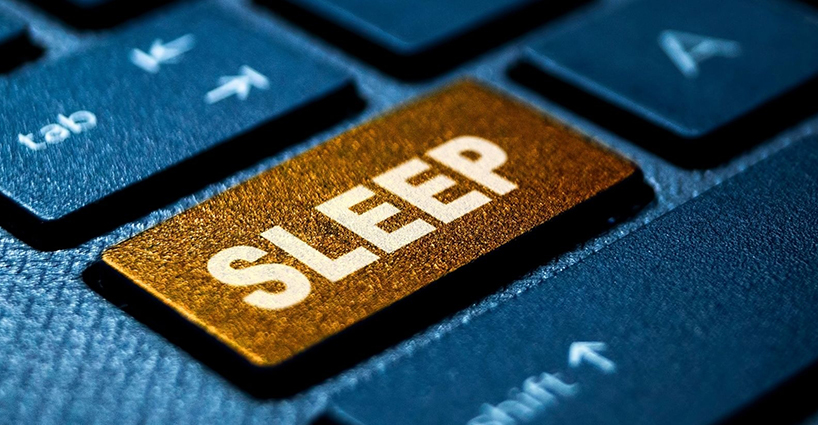Do you get at least 7 hours of sleep per night on average?
If the answer is yes, you can turn around right here and go about your business. You’ve got your shit together and can keep plugging along without reading any further.
If the answer is no, then we’re here to drop a little education in front of your sleep deprived eyes (we see right through that dark eye circle concealer).
First thing’s first…
If you’re currently attempting a fat loss phase and eating in a caloric deficit, AND you’re not clocking in adequate sleep, it’s time to bail from your cut. Like…right now.
While the science behind fat loss is driven by calories in/calories out, you need to first earn the right to eat fewer calories than you expend, and getting enough sleep is one of the primary lifestyle factors that MUST be in order before you can successfully diet (get the complete “pre-dieting checklist” here).
See, sleep is like nutrition for your brain…
When we’re sleep deprived, our brains are basically teed up to make subpar choices, and the residual impacts on our general health AND body composition can really suck.
First off, the decision-making portion of our brain (which drives impulse control) is directly affected and fogs our mental clarity. Furthermore, our brain’s reward center is lit the f*ck up and on the hunt for something that feels good. Food is usually an easy coping mechanism here. It’s for this very reason that when we’re short on sleep, we’re inclined to overeat or indulge well past the point of moderation.
From a hormonal standpoint…
Sleep debt releases adverse amounts of cortisol: our stress hormone. When cortisol is active, it signals our bodies to conserve energy (often in the form of body fat) to fuel our waking hours. Not to mention, when cortisol levels are raging, it can suppress our ability to process insulin – the hormone we rely on convert sugar to energy. Why is this problematic? When your body becomes sensitive to insulin, your body is challenged to process fats from your bloodstream. Risk of type 2 diabetes aside, this means it’s instead stored as body fat.
Performance gains? Forget about it.
Expecting to see improvements in your gym performance when you’re chronically overtired is like expecting your bike to get you from point A to point B on two flat tires.
You can bank on performance plateaus and regressions, quicker exhaustion, decreased power, inhibited reaction times and more when you’re training under sleep deprived circumstances.
Sleep debt is physiologically stressful enough. Add the stressors of 4+ weekly training sessions into your routine and a possible calorie deficit into the mix and you’re basically signaling to injury, suboptimal hormonal function, low sex drive, irritability, and cognitive depletion that you’re open for business. So let’s look at some basic tips to hopefully get you some more rest:
- Shut down all screens about an hour before your target bed time
- Keep work and entertainment out of the bedroom…reserve it for sleep and sex
- Create a relaxing bedtime ritual (maybe that includes a bath, meditation, or reading)
- Consider a white noise machine
- Avoid caffeine 5-6 hours before you hit the sack
- Make your room as dark as possible – darkness triggers your body’s release of melatonin (blackout shades can be miracle workers)
- Avoid going to bed hungry (the “don’t eat after dark” rule is a myth)
- Consider including CBD oil into your evening routine (Cani-Brands sleep products are the shit…completely natural, non-habit forming, and help you both fall and stay asleep)
If you’ve made it this far and computed everything we’ve said, congratulations…you must be a higher functioning zombie than we gave you credit for! But now, it’s probably time to turn the screen off and get some shut eye.



